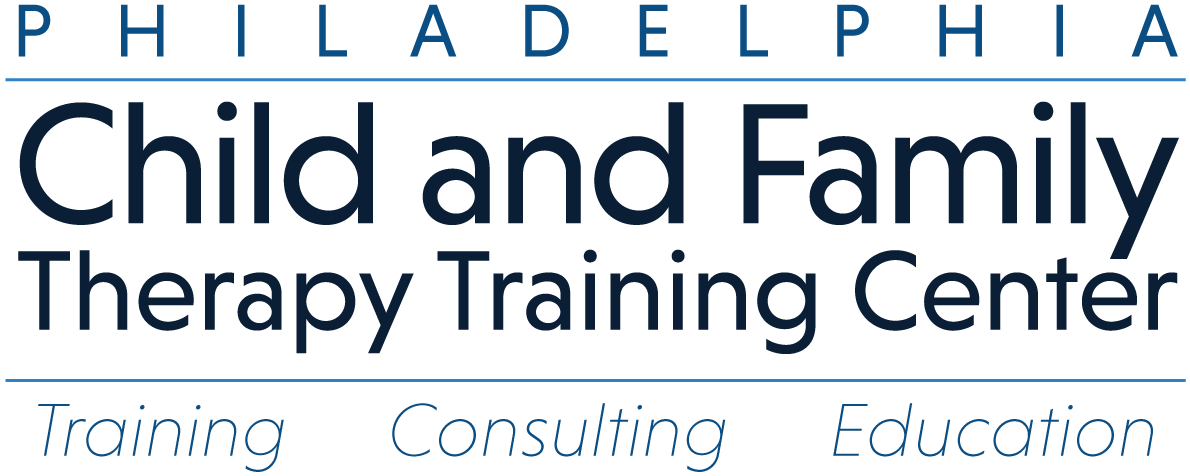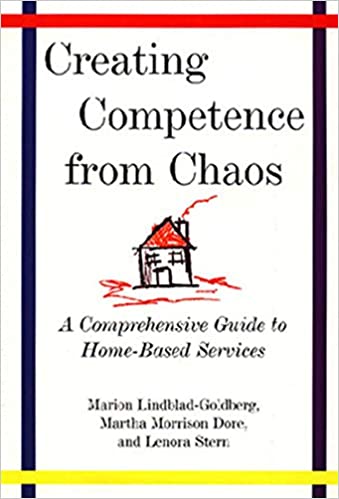
When Caregiver Conflict Goes Unaddressed: A Hidden Crisis in Family Therapy
In the realm of systemic family therapy, a caregiver relationship is essential for fostering a stable and nurturing environment for children. Yet, one of the most critical and often overlooked dynamics that can undermine therapeutic outcomes is the unacknowledged embattlement between caregivers. When tensions and conflicts between caregivers go unaddressed, children suffer in ways that can shape their emotional and psychological development for years to come.
The Impact of Caregiver Conflict on Children
Caregivers serve as the primary anchors in a child’s life, providing a sense of safety, stability, and emotional security. When conflict between caregivers is persistent and unresolved, it creates an unstable foundation that reverberates through the entire family system. Here are some ways children are affected:
- Emotional Insecurity: Children may internalize the tension, leading to feelings of anxiety, guilt, or sadness. They often perceive themselves as the cause of discord, even when the conflict is unrelated to them.
- Behavioral Issues: Unresolved conflict can manifest in children as acting out, defiance, or withdrawal. These behaviors are often cries for help, signaling their distress.
- Divided Loyalties: Children may feel forced to take sides, creating additional stress and strain on their relationships with both caregivers.
- Long-Term Implications: Chronic exposure to conflict can influence a child’s ability to form healthy relationships and regulate emotions as they grow into adulthood.
The Systemic Family Therapist’s Role in Addressing Caregiver Conflict
Systemic family therapists are uniquely positioned to identify and address caregiver conflict, but doing so requires intentionality and skill. Here’s why this dynamic must be acknowledged and addressed:
- Help the Caregivers Codiscover the Ripple Effect: Caregiver conflict doesn’t exist in a vacuum. It impacts the entire family system, affecting not only the child but also the caregivers’ capacity to co-parent effectively.
- Therapist Creates a Space to Ennoble the Good Intent: Therapists must create a nonjudgmental environment where caregivers feel safe to express their concerns, frustrations, and needs without fear of blame.
- Facilitates Discovery of What Impact they Want to Have: By guiding caregivers in constructive communication, therapists can help them address underlying issues and work toward resolutions that benefit the entire family.
- Modeling Healthy Conflict Resolution: Therapists can demonstrate and encourage strategies for managing disagreements in a way that strengthens, rather than undermines, the caregiving partnership.
Strategies for Therapists to Address Caregiver Conflict
- Start with Family Assessment Tools: Begin by understanding the nature and extent of the conflict. This may involve separate sessions with each caregiver to gain insight into their perspectives.
- Focus on the Shared Goal: Help caregivers refocus on their shared commitment to the child’s well-being, emphasizing that collaboration is essential for effective parenting.
- Share the Dilemma with the Co Caregivers: Everyone has responsibility when they show up for therapy and outside of therapy.
- Validate and Reframe: Acknowledge each caregiver’s experiences and emotions, and reframe their perspectives to foster empathy and mutual understanding.
- Anchor in the Child’s Needs: Continuously bring the conversation back to how resolving conflict benefits the child, reinforcing their role as a central unifying focus.
The Consequences of Inaction
When therapists fail to address caregiver conflict, they risk perpetuating a cycle of dysfunction that harms everyone in the family. Children remain caught in the crossfire, caregivers struggle to co-parent effectively, and the potential for meaningful therapeutic progress is diminished.
Conclusion
The embattlement between caregivers is not just a private matter; it is a systemic issue that requires the attention and intervention of the family therapist. By courageously and compassionately addressing these dynamics, therapists can help families move toward a healthier, more supportive environment where children can thrive. Acknowledging and addressing caregiver conflict is not just good practice—it is an ethical imperative that lies at the heart of systemic family therapy.



Leave a Reply